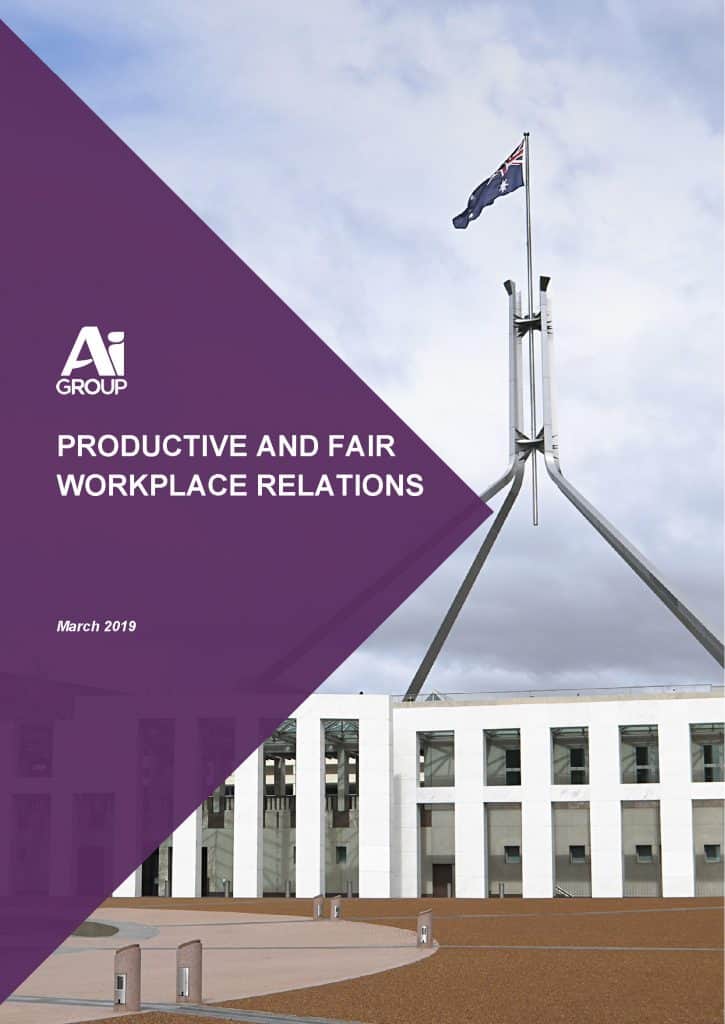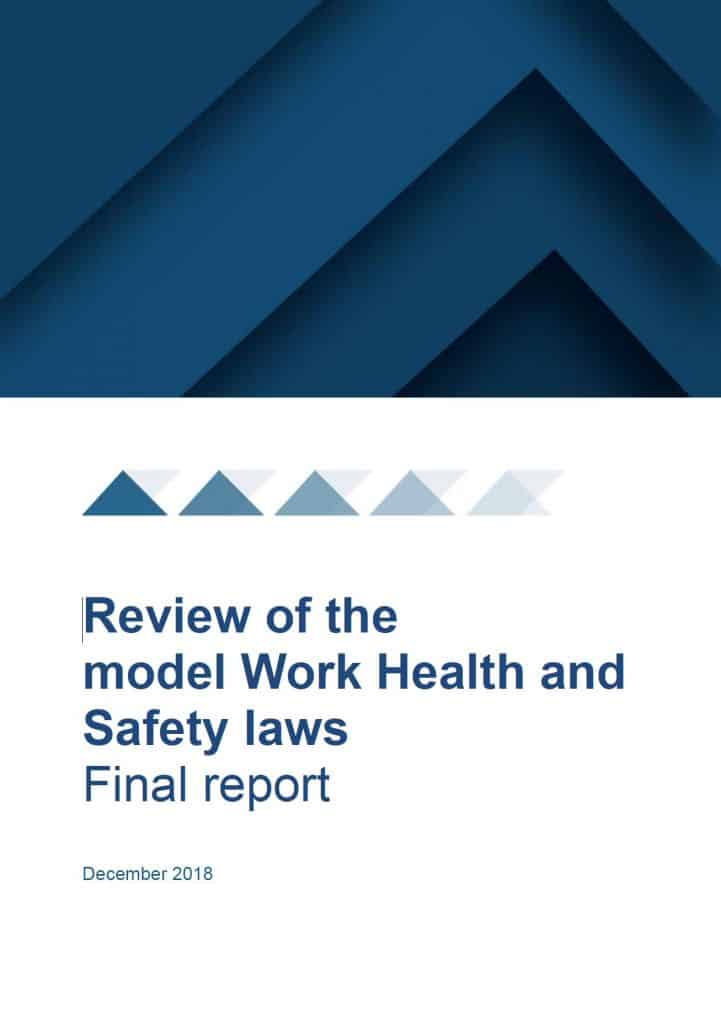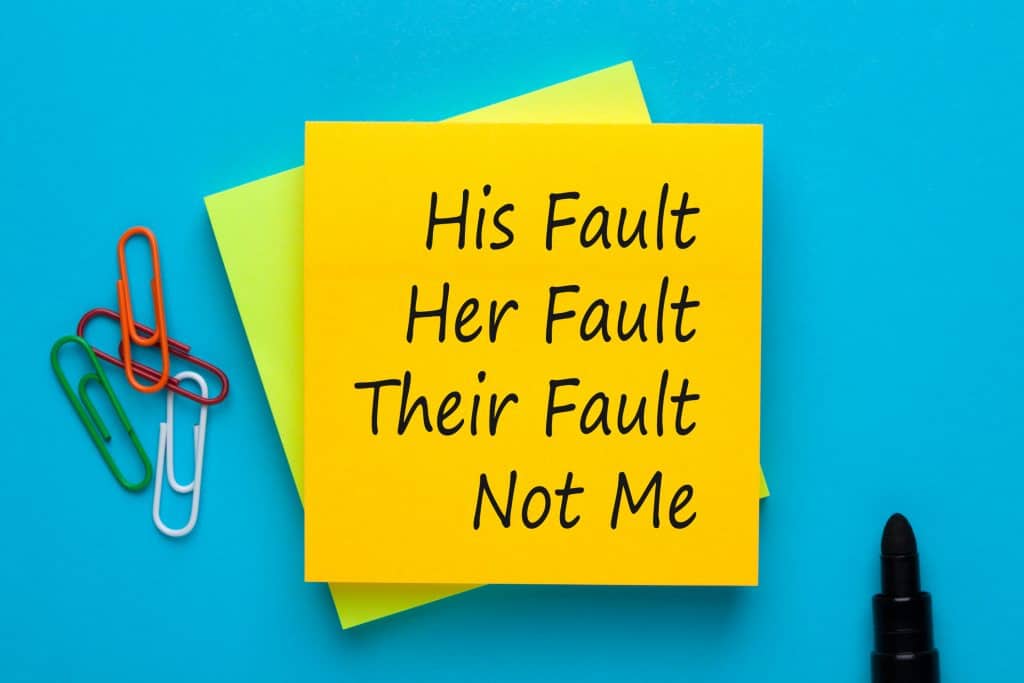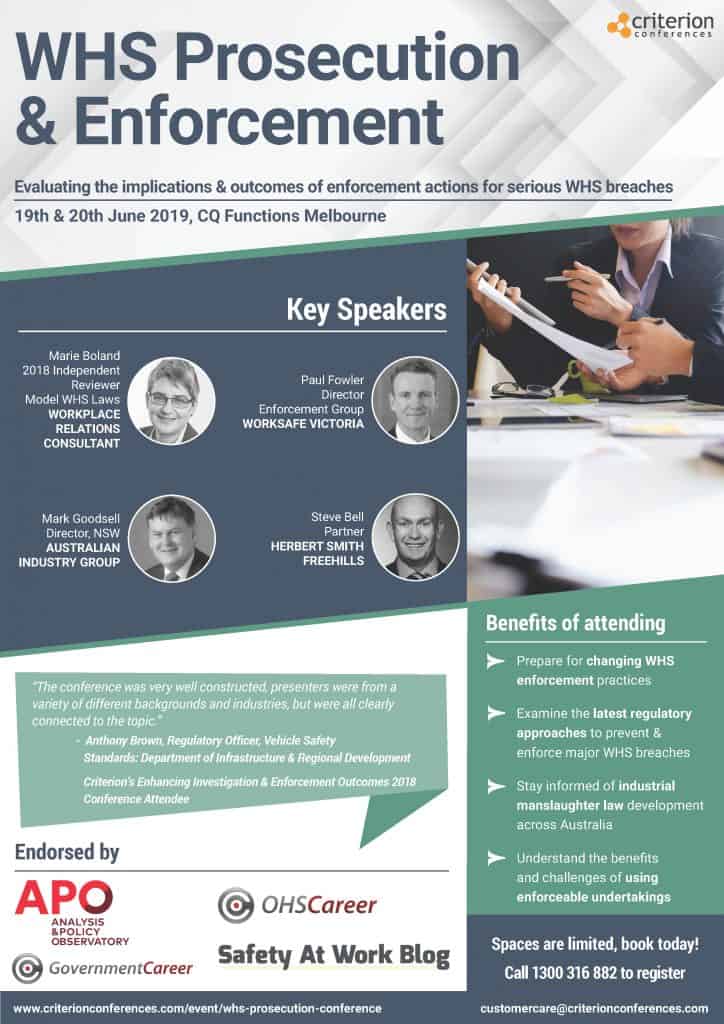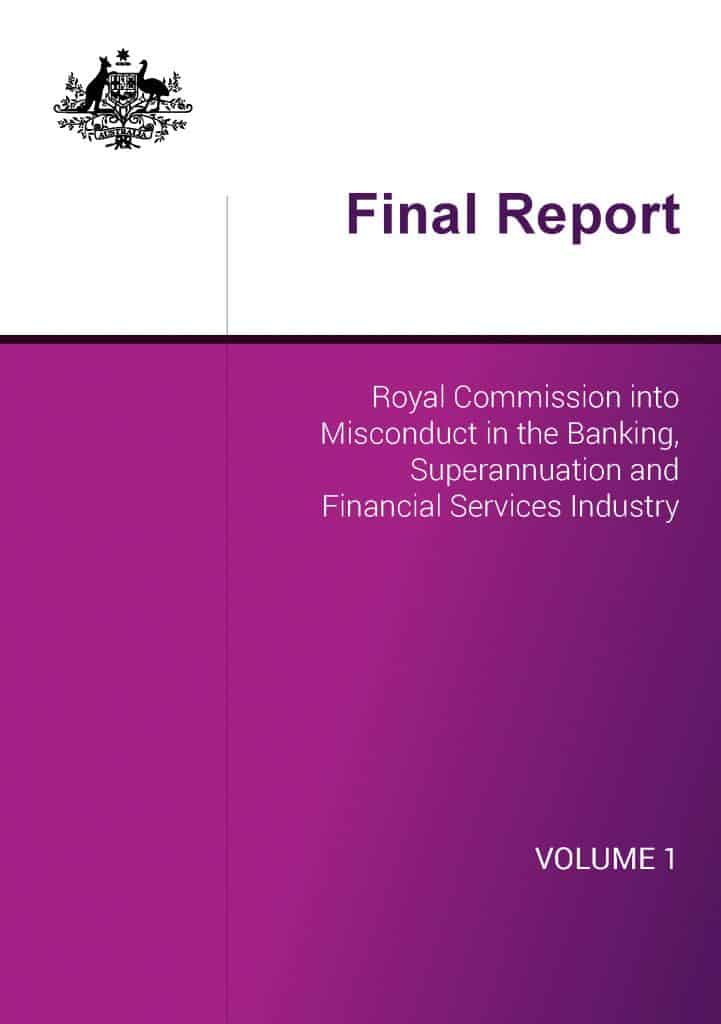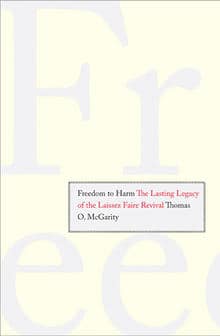
So, the Australian Labor Party (ALP), the political arm of the trade union movement, the friend of all Australian workers, failed to win government from the Conservative parties. Occupational Health and Safety (OHS) improvements are likely to be left to the magnanimity of the employers, Persons in Control of a Business or Undertaking (PCBUs) and those ideologically opposed to regulatory impositions.
But does the OHS future under Conservative governments mean that workers will be worse off? Sadly, Yes, if the experience of the United States is anything to go by, as illustrated in the analysis of the “Laissez-Faire Revival” by Thomas O. McGarity.


